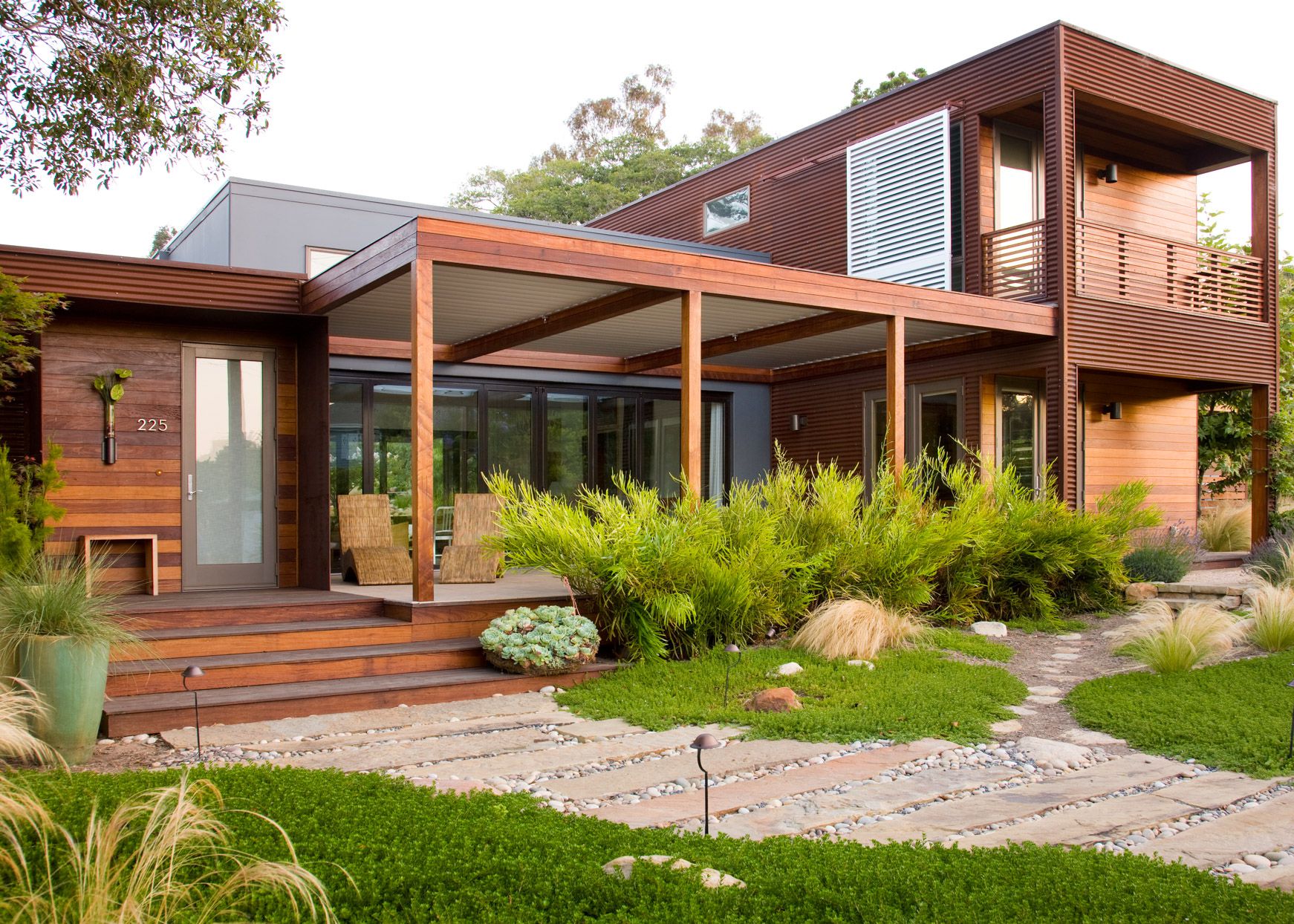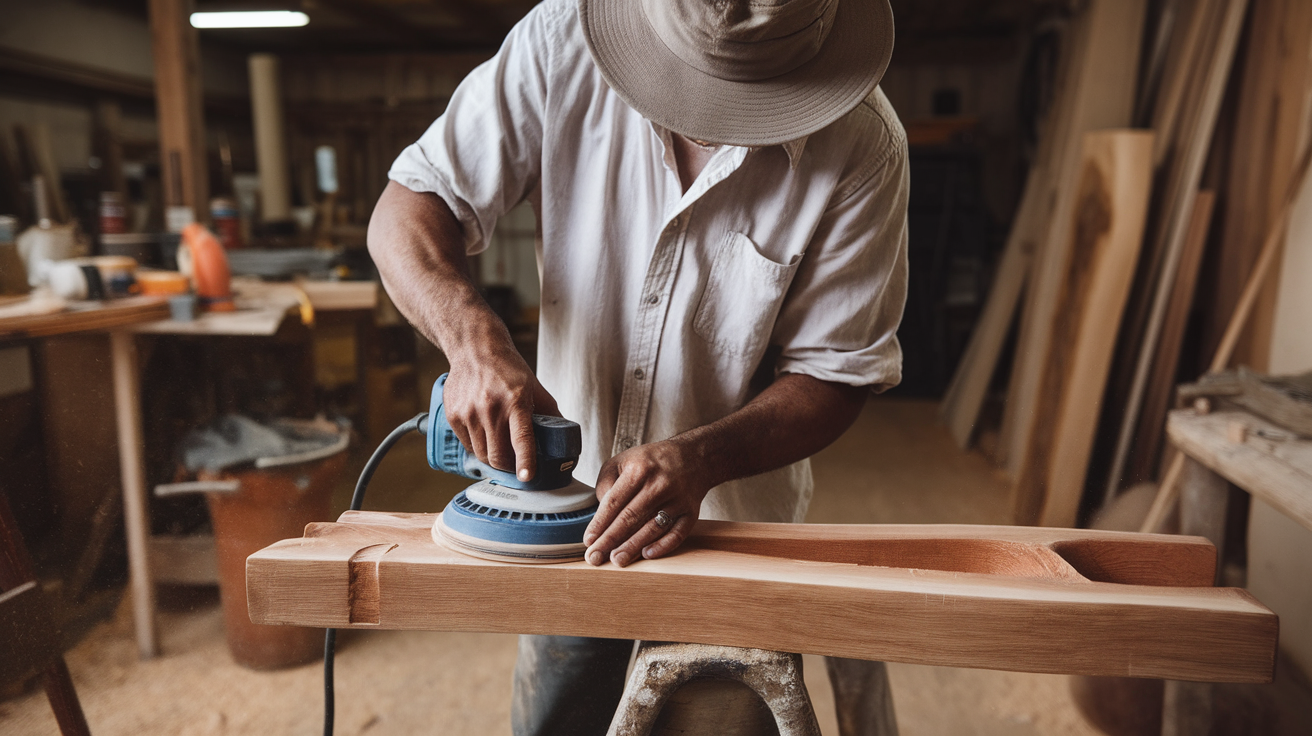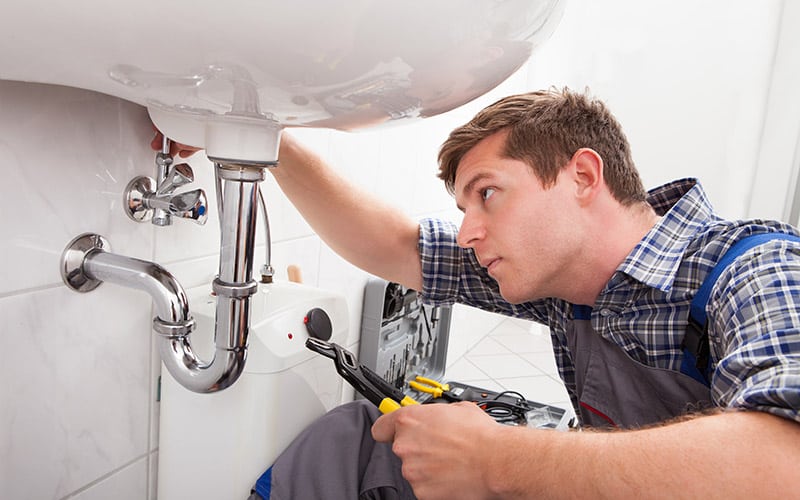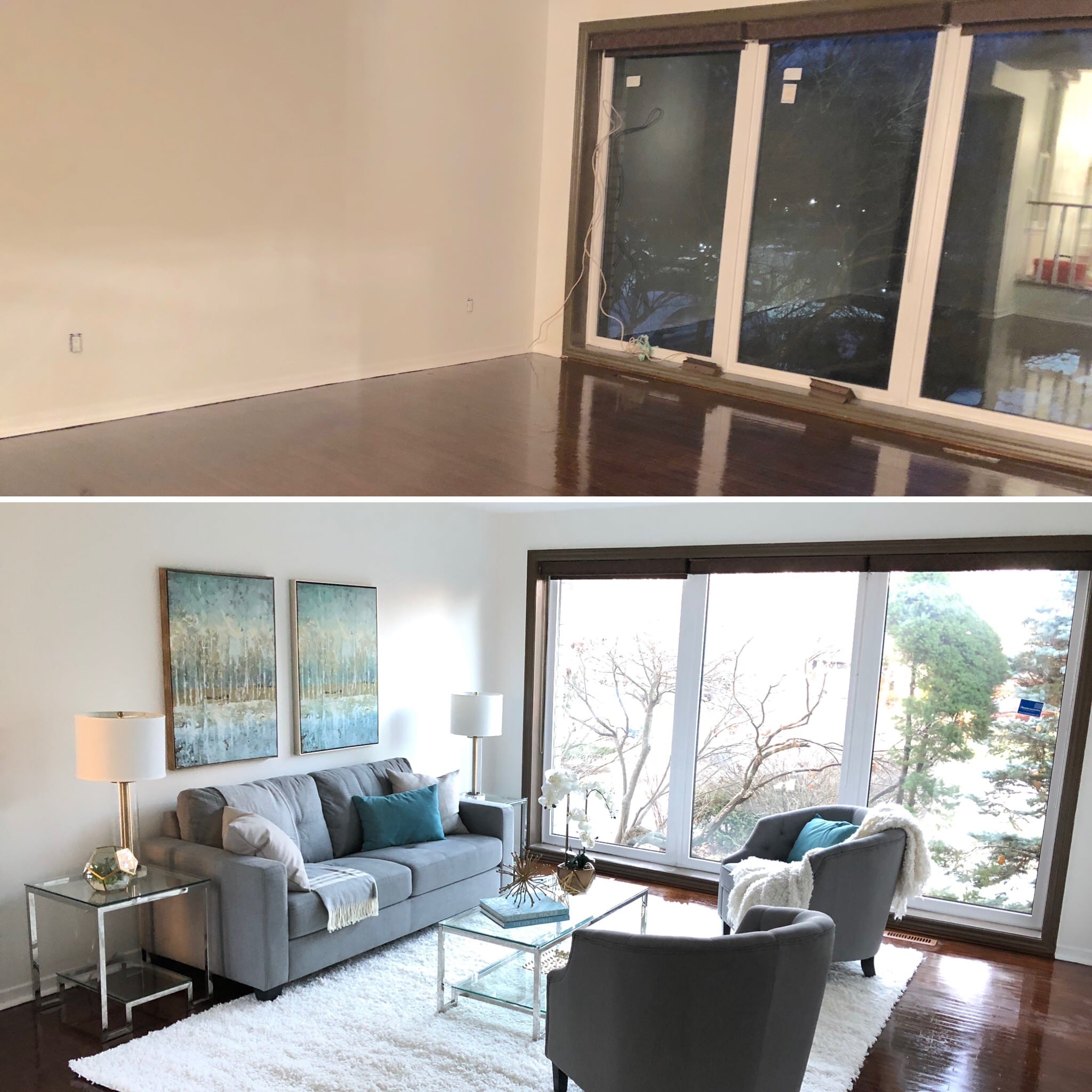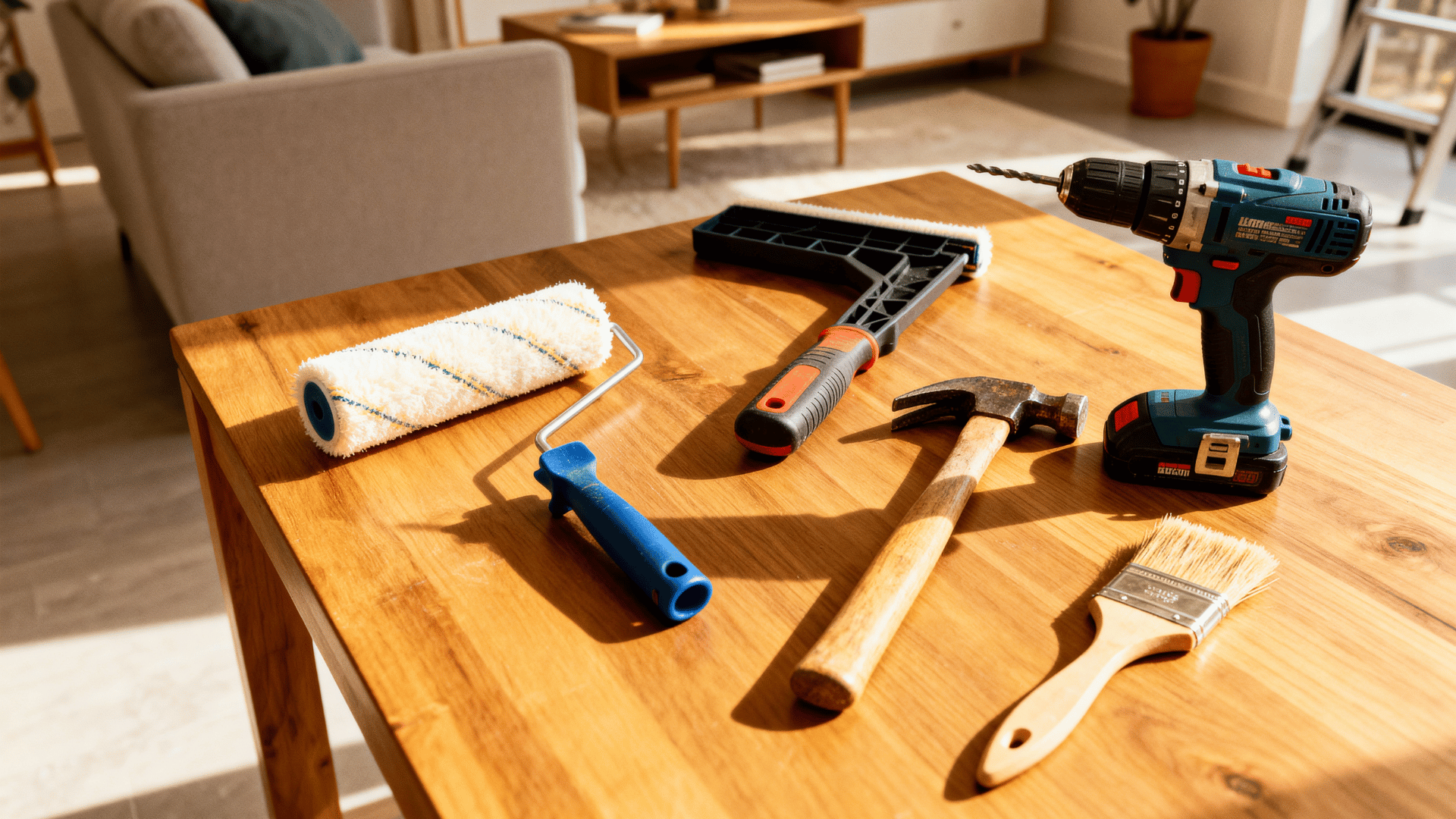Eco-Friendly Home Upgrades – Sustainable Practices for the Modern Household
Eco-friendly living is rapidly becoming a priority for households worldwide, driven by a collective desire to reduce environmental impact and promote a sustainable future. Adopting green practices in your home not only contributes to the health of the planet but also offers practical benefits, including reduced energy bills and improved indoor air quality.
This shift towards sustainability is more than a trend; it’s a comprehensive approach to living that respects our relationship with the environment and seeks to minimize our ecological footprint.
Making your home eco-friendly might seem daunting at first, yet small changes can lead to significant benefits over time. From energy-efficient lighting to recycling, every step you take towards sustainability plays a crucial role in creating a healthier home and planet.
As you explore various ways to make your living space more environmentally friendly, remember that your efforts not only contribute to a larger cause but also enhance the quality of your daily life. This introduction to eco-friendly living serves as a starting point, guiding you through the practical and accessible ways to make a positive impact.
The Basics of Energy Efficiency
Improving your home’s energy efficiency is a straightforward yet impactful way to reduce your environmental footprint and cut down on utility bills. Insulation plays a critical role in this, acting as a barrier to heat loss and gain. By properly insulating your walls, attic, and floors, you can maintain a more consistent indoor temperature, requiring less energy for heating and cooling. This makes your home more comfortable year-round and significantly lowers energy consumption.

Upgrading to energy-efficient windows complements your insulation efforts by minimizing heat transfer through glass, a common weak point in many homes. Look for windows with double or triple glazing, low-emissivity coatings, and inert gas fillings between panes.
These features work together to reduce the need for artificial heating and cooling, further conserving energy and reducing your carbon footprint. Making these changes to your home can be an upfront investment, but the long-term savings and environmental benefits are well worth the effort.
Harnessing the Sun’s Energy at Home
Solar power is at the forefront of renewable energy solutions, offering a clean and abundant source of electricity that can drastically reduce your reliance on fossil fuels. By installing solar panels on your roof, you can capture sunlight and convert it into electricity for use in your home.
This cuts down on your electricity bills and decreases your carbon dioxide emissions, contributing to a healthier environment. The initial setup for solar panels involves a cost, but various incentives and the decrease in solar technology prices over the years have made it more accessible than ever.
Solar power systems can generate more electricity than your home needs, allowing you to sell the excess back to the grid in many areas. This provides you with additional savings and contributes to your community’s overall energy needs sustainably. As technology advances, solar power continues to become more efficient and less intrusive, making it an increasingly attractive option for homeowners looking to make an eco-friendly upgrade.
A Guide to Greener Eco-Friendly Appliances
One of the simplest ways to enhance your home’s sustainability is by choosing eco-friendly appliances. These appliances are designed to use minimal electricity and water, helping to lower your utility bills and reduce your home’s overall environmental impact.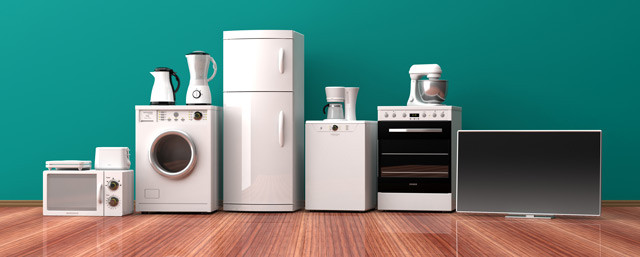
From refrigerators to washing machines, manufacturers now offer a wide range of energy-efficient models that perform as well or better than their conventional counterparts.
Incorporating eco-friendly appliances into your home doesn’t just stop you from purchasing new products. Proper maintenance and usage play a crucial role in maximizing their efficiency. Regular cleaning, following the manufacturer’s instructions, and using them at full capacity can further reduce your energy and water consumption.
Maintenance is important to keep appliances operating efficiently, and at McCombs Supply Co. Inc. you can find a huge range of spare parts for the latest appliances to help you keep your home running sustainably. By making these smart choices, you can enjoy the latest in-home technology while supporting a healthier planet.
Sustainable Flooring Options
When considering eco-friendly upgrades for your home, don’t overlook the impact of sustainable flooring. Bamboo and cork are two popular options that combine durability, beauty, and environmental benefits.
Bamboo flooring, made from a fast-growing and highly renewable resource, offers the strength and aesthetics of traditional hardwoods without the same ecological footprint. It grows back quickly after harvesting, making it an excellent choice for those looking to reduce their impact on the world’s forests.
Cork flooring, harvested from the bark of cork oak trees without harming the tree itself, is another sustainable option. This material provides a unique look and feel and offers natural insulation properties and sound dampening, adding comfort and efficiency to your home.
Both bamboo and cork flooring are available in a variety of styles and finishes, allowing you to achieve the perfect look for your space while adhering to eco-friendly principles. As the demand for sustainable building materials grows, more options are becoming available, giving you the freedom to customize your home’s design without compromising your environmental values.
Using Water Conservation Techniques
Adopting water conservation techniques in your home is a vital step towards sustainable living. Utilizing rain barrels to collect rainwater for outdoor irrigation is a simple yet effective method.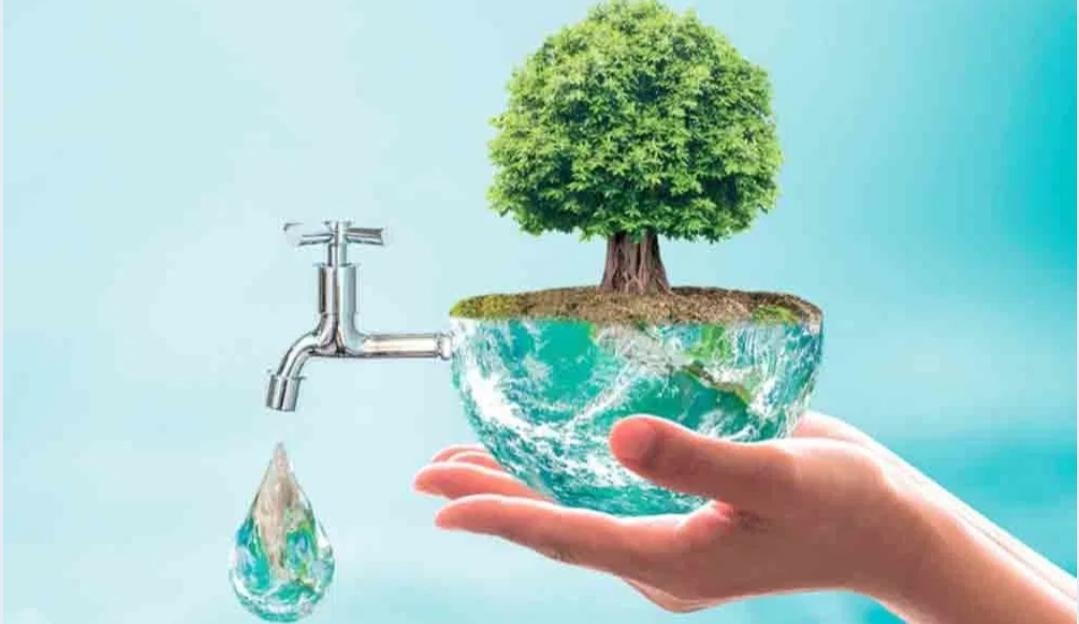
This reduces your dependence on municipal water systems and helps manage stormwater runoff, which can lead to pollution in local waterways. Installing rain barrels at downspouts allows you to harness a valuable resource that would otherwise be lost, using it for watering gardens and lawns and even for outdoor cleaning tasks.
Inside the home, switching to low-flow fixtures can significantly reduce water usage without sacrificing performance. Low-flow showerheads, faucets, and toilets are designed to use water more efficiently, reducing waste and lowering water bills.
These fixtures can be easily installed in place of older, less efficient models, offering an immediate improvement in water conservation efforts. By making these changes, you contribute to the conservation of a critical resource and set an example of responsible water use in your community.
Creating a Sustainable Outdoor Oasis
Green gardening is about more than just planting; it’s about creating an ecosystem that supports local wildlife and conserves resources. Choosing native plants for your garden is a great start.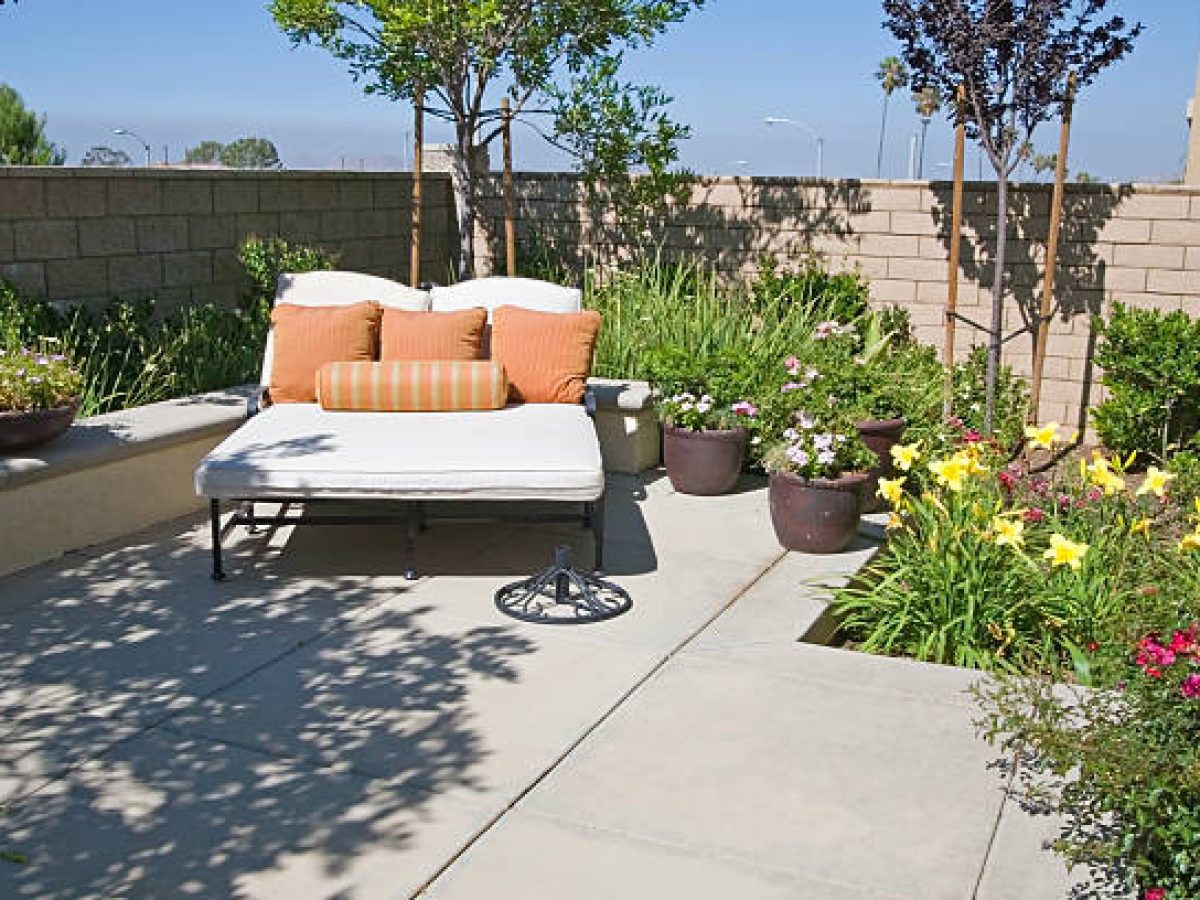
These plants are adapted to your local climate and soil conditions, requiring less water, fertilizer, and pesticides than non-native varieties. This makes your garden more sustainable and provides essential habitats for pollinators like bees and butterflies, which are crucial for a healthy ecosystem.
Composting is another cornerstone of green gardening. By turning kitchen scraps and yard waste into compost, you not only reduce the amount of waste sent to landfills but also create a rich, natural fertilizer for your garden. This reduces the need for chemical fertilizers, which can harm the environment. Composting also encourages beneficial soil organisms that help plants grow healthy and strong. Incorporating these practices into your gardening enhances your space’s beauty and productivity and aligns your outdoor activities with your eco-friendly values.
Adopting eco-friendly practices in your home is more than a nod to trend; it’s a commitment to a sustainable lifestyle that benefits both your family and the planet. Your journey towards a more sustainable household enhances your quality of life and sets a positive example for your community, paving the way for a greener, more sustainable future for all.

